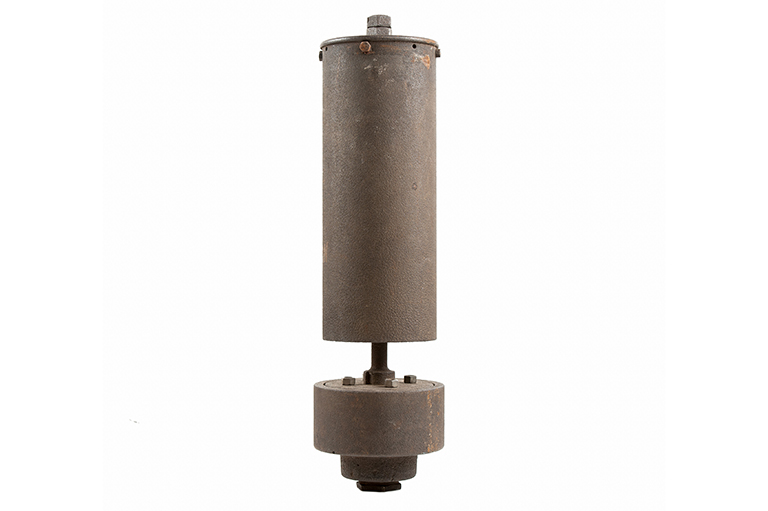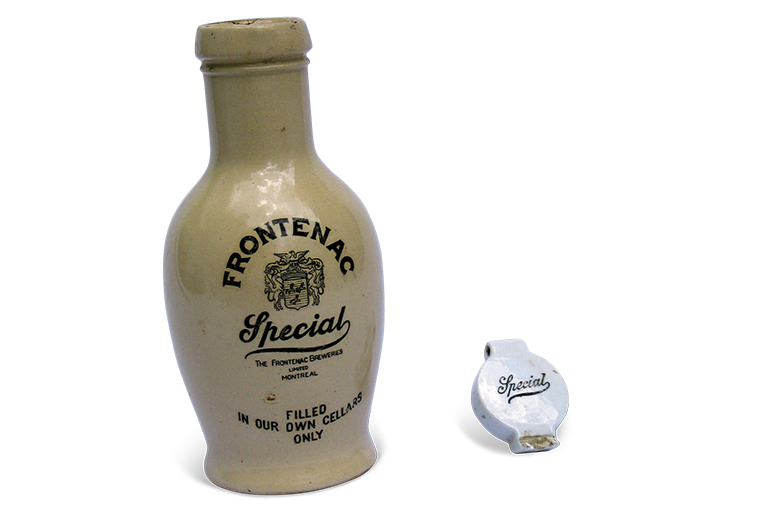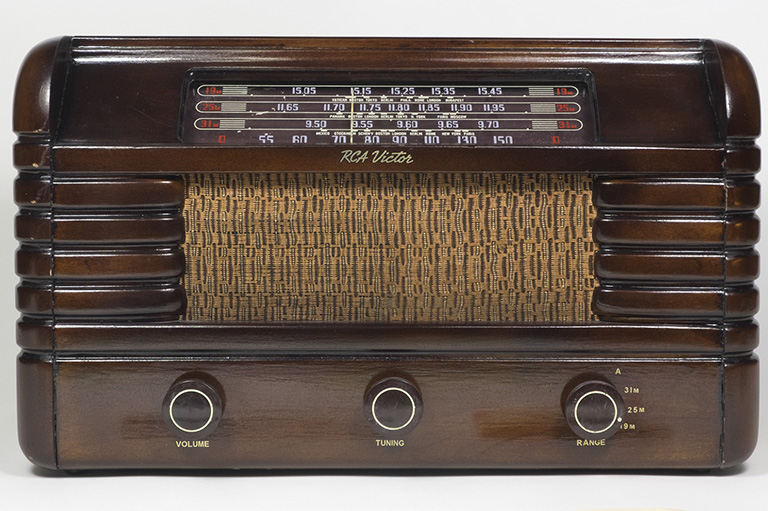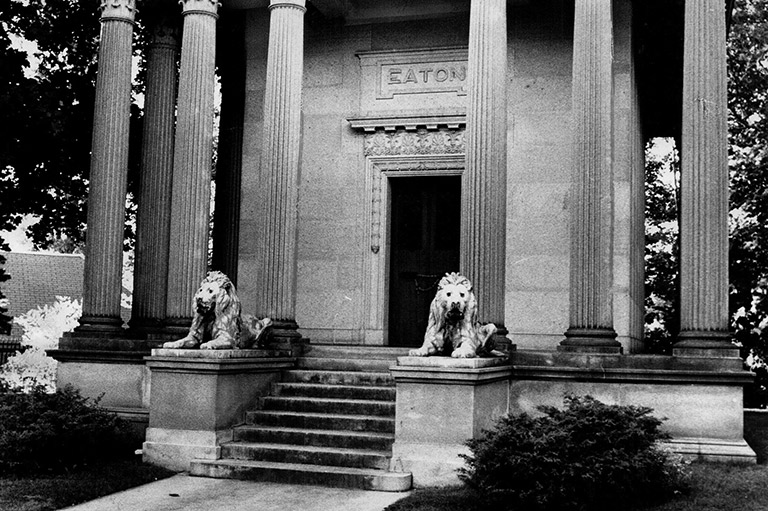Cod Press
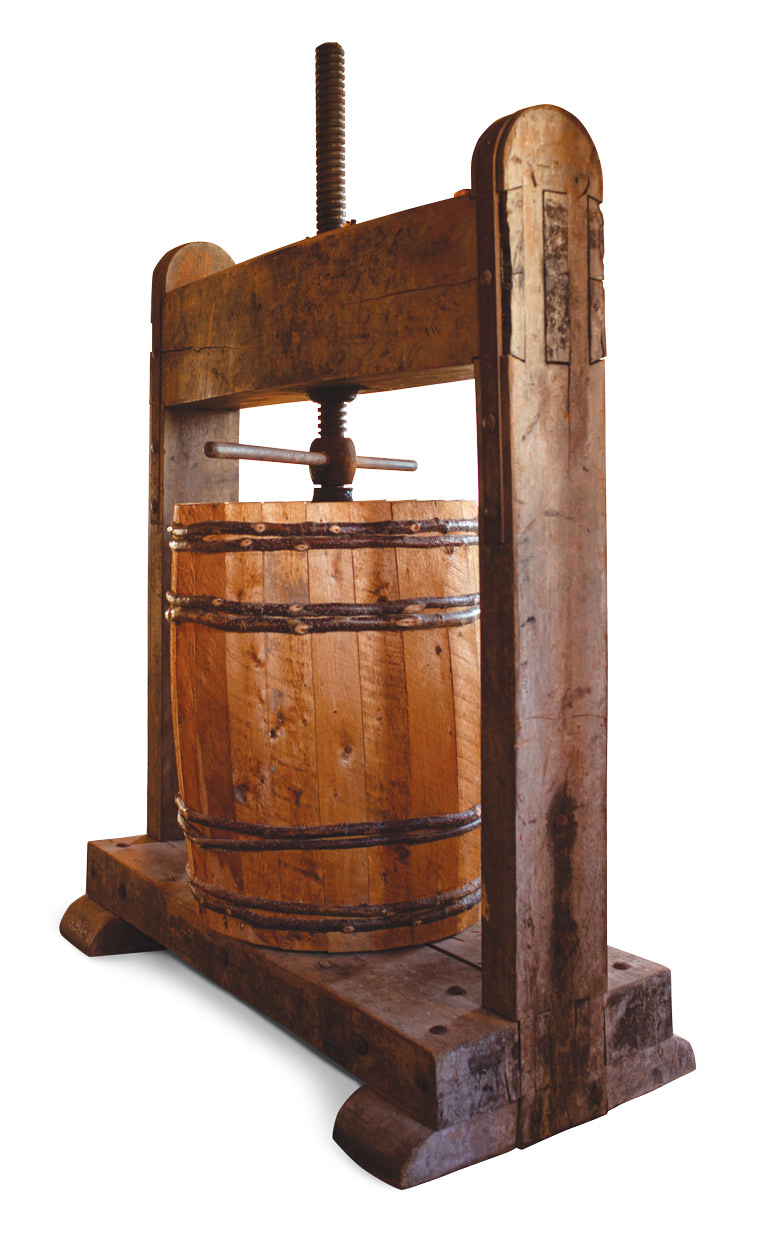
Beginning in the sixteenth century European fishermen — mainly Basque and Breton — salted and dried cod on the Atlantic coast of North America. Salted cod could be preserved for about two years; it was therefore an important food source for European Christians, as the Church urged abstention from meat for 160 fast days throughout the year.
This press was found in Paspébiac, Quebec, one of the most important ports for the export of dried cod in the nineteenth century. The contraption was used to compact the fish inside barrels (or boucauts) for transport to Europe, the West Indies or even Brazil.
With 7 uniquely curated newsletters to choose from, we have something for everyone.
Themes associated with this article
Advertisement
More objects from 50 Merveilles
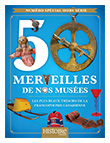
This special issue of Histoire Canada highlights beautiful treasures from Franco-Canadian communities across Canada. Available in French only.

